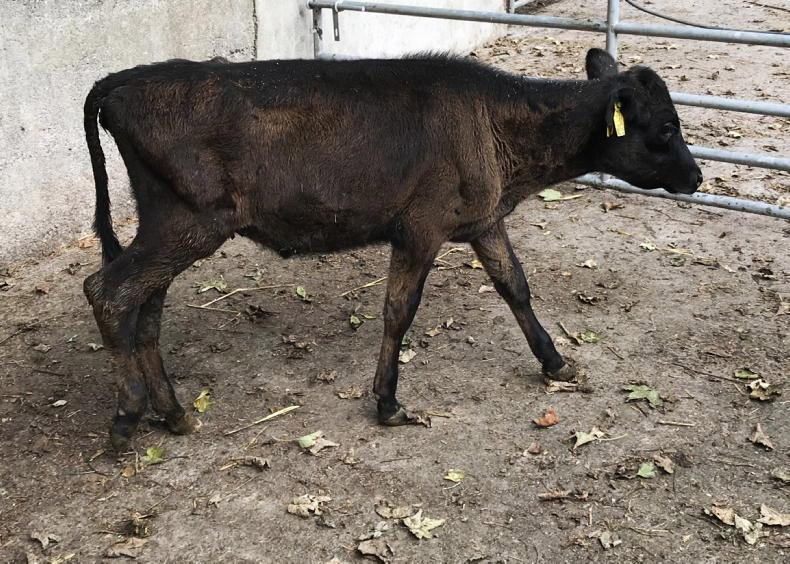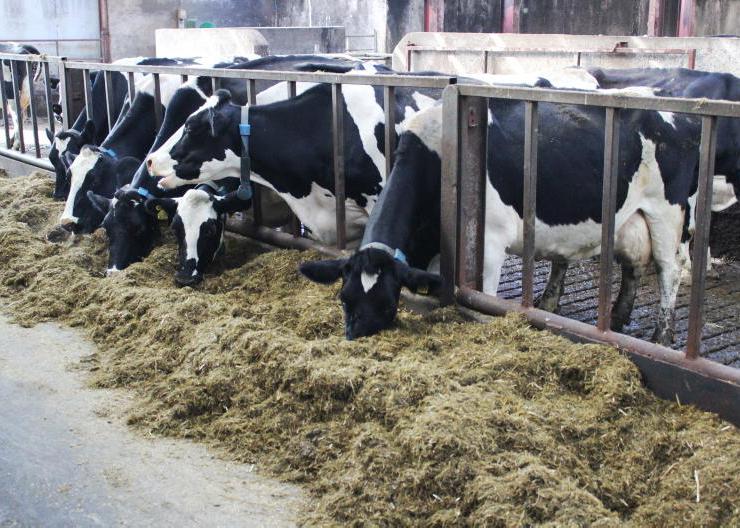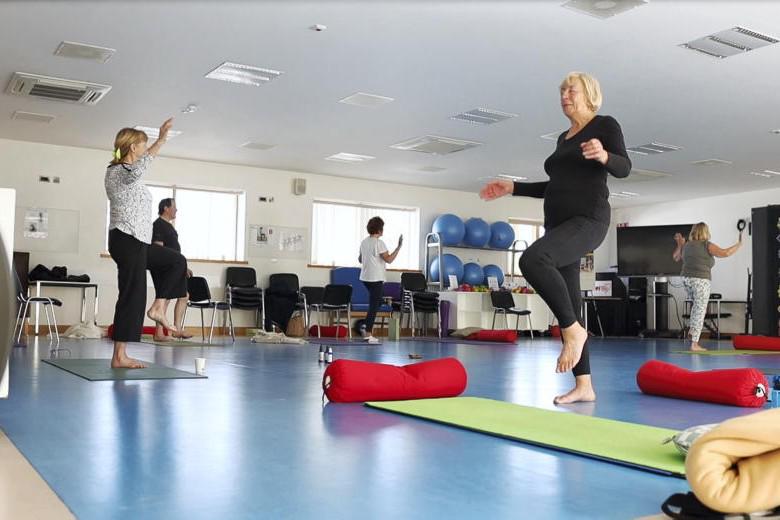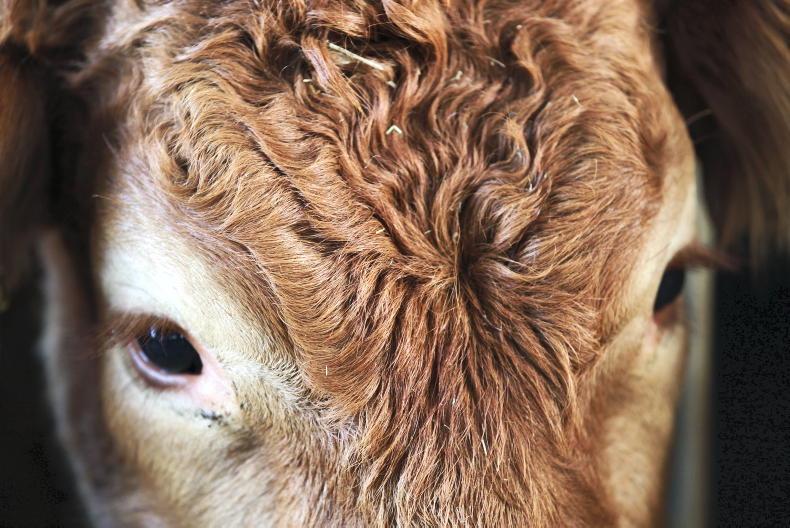Heat stress could become a serious factor not only for animals, but also for people working during peak daytime temperatures. As farmers we tend to often put the health of animals first, but it is important that health and safety of anyone working on the farm is given preference.
With temperatures expected to be in the high 20s, the Health Service Executive (HSE) advises all farmers to apply suncream regularly throughout the day. Farmers should stay well hydrated and take regular breaks to avoid exhaustion.
HSE's top tips for farmers keeping cool during a heatwave
Stay out of the heat between 11am and 3pm.Keep a damp cloth on the back of your neck.Eat cold foods.Drink plenty.Avoid excess alcohol, caffeine and hot drinks.Be watchful of others.Some prescription medicines can make us feel hotter. You should be taking your medication, but it’s important to take extra care to keep cool.Symptoms of heatstroke
Feeling faint and dizzy.Shortness of breath.Vomiting.Confusion.Headache.Intense thirst.Cramps in your arms, legs or stomach.Cool down as quickly as possible if you have these symptoms. Ring your doctor or pharmacist if you are worried. Ring 999 if the person has collapsed.
What to do if someone has heatstroke
Heatstroke can develop very suddenly and rapidly lead to unconsciousness. After calling 999:
Move the person somewhere cooler, if possible.Increase ventilation by opening windows or using a fan.Loosen their clothes.Sprinkle them with water or wrap them in a damp sheet.If they are conscious, give them water or fruit juice to drink.DO NOT give aspirin or paracetamol.Heat stress is particularly a risk in young calves and with animals exposed to peak temperatures without any access to shelter facing the greatest risk. Important visible signs of heat stress include:
Reduced movement.Faster breathing rate.Open-mouthed panting.Decreased feed intake.Increased water consumption.To overcome the risk of heat stress, farmers are advised to keep animals in well-shaded paddocks with access to water. Minimal moving of livestock is advised during the hottest parts of the day. Routines such as vaccinating or dosing should be done during cooler temperatures in early morning or later in the evening.
Pneumonia
Pneumonia is another major health risk which farmers should be on the lookout for over the next few weeks. With high daytime temperatures increasing the body temperatures of animals and potential sharp falls at night, this could trigger a greater risk of pneumonia. While many farmers have vaccinated against pneumonia, those that have not are advised to keep animal stress to a minimum.
Summer mastitis
Summer mastitis is another ailment to be vigilant over the coming weeks. With animals seeking shelter under trees and hedgerows there may be a greater risk of fly activity and the onset of mastitis. If the problem is detected early and treatment is given in time, it can be treated quite successfully. Treating cows with a pour-on insecticide can help limit fly activity, while other options include applying stock tar or using ear tags that contain chemical compounds to ward off flies.
Cows with summer mastitis will have a swollen udder with increased fly activity around the teat. The swollen udder causes discomfort to the animal, which results in stiffness and lameness when walking. The highest-risk animals are dry cows, heifers, autumn-calving cows and late spring calvers that are not being fully sucked by calves.
Heat stress could become a serious factor not only for animals, but also for people working during peak daytime temperatures. As farmers we tend to often put the health of animals first, but it is important that health and safety of anyone working on the farm is given preference.
With temperatures expected to be in the high 20s, the Health Service Executive (HSE) advises all farmers to apply suncream regularly throughout the day. Farmers should stay well hydrated and take regular breaks to avoid exhaustion.
HSE's top tips for farmers keeping cool during a heatwave
Stay out of the heat between 11am and 3pm.Keep a damp cloth on the back of your neck.Eat cold foods.Drink plenty.Avoid excess alcohol, caffeine and hot drinks.Be watchful of others.Some prescription medicines can make us feel hotter. You should be taking your medication, but it’s important to take extra care to keep cool.Symptoms of heatstroke
Feeling faint and dizzy.Shortness of breath.Vomiting.Confusion.Headache.Intense thirst.Cramps in your arms, legs or stomach.Cool down as quickly as possible if you have these symptoms. Ring your doctor or pharmacist if you are worried. Ring 999 if the person has collapsed.
What to do if someone has heatstroke
Heatstroke can develop very suddenly and rapidly lead to unconsciousness. After calling 999:
Move the person somewhere cooler, if possible.Increase ventilation by opening windows or using a fan.Loosen their clothes.Sprinkle them with water or wrap them in a damp sheet.If they are conscious, give them water or fruit juice to drink.DO NOT give aspirin or paracetamol.Heat stress is particularly a risk in young calves and with animals exposed to peak temperatures without any access to shelter facing the greatest risk. Important visible signs of heat stress include:
Reduced movement.Faster breathing rate.Open-mouthed panting.Decreased feed intake.Increased water consumption.To overcome the risk of heat stress, farmers are advised to keep animals in well-shaded paddocks with access to water. Minimal moving of livestock is advised during the hottest parts of the day. Routines such as vaccinating or dosing should be done during cooler temperatures in early morning or later in the evening.
Pneumonia
Pneumonia is another major health risk which farmers should be on the lookout for over the next few weeks. With high daytime temperatures increasing the body temperatures of animals and potential sharp falls at night, this could trigger a greater risk of pneumonia. While many farmers have vaccinated against pneumonia, those that have not are advised to keep animal stress to a minimum.
Summer mastitis
Summer mastitis is another ailment to be vigilant over the coming weeks. With animals seeking shelter under trees and hedgerows there may be a greater risk of fly activity and the onset of mastitis. If the problem is detected early and treatment is given in time, it can be treated quite successfully. Treating cows with a pour-on insecticide can help limit fly activity, while other options include applying stock tar or using ear tags that contain chemical compounds to ward off flies.
Cows with summer mastitis will have a swollen udder with increased fly activity around the teat. The swollen udder causes discomfort to the animal, which results in stiffness and lameness when walking. The highest-risk animals are dry cows, heifers, autumn-calving cows and late spring calvers that are not being fully sucked by calves.










SHARING OPTIONS